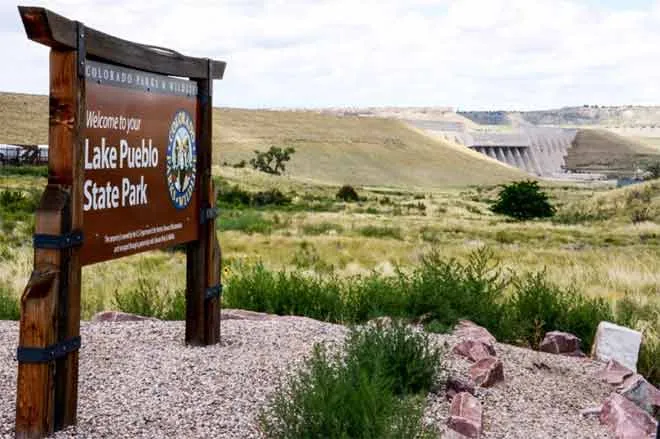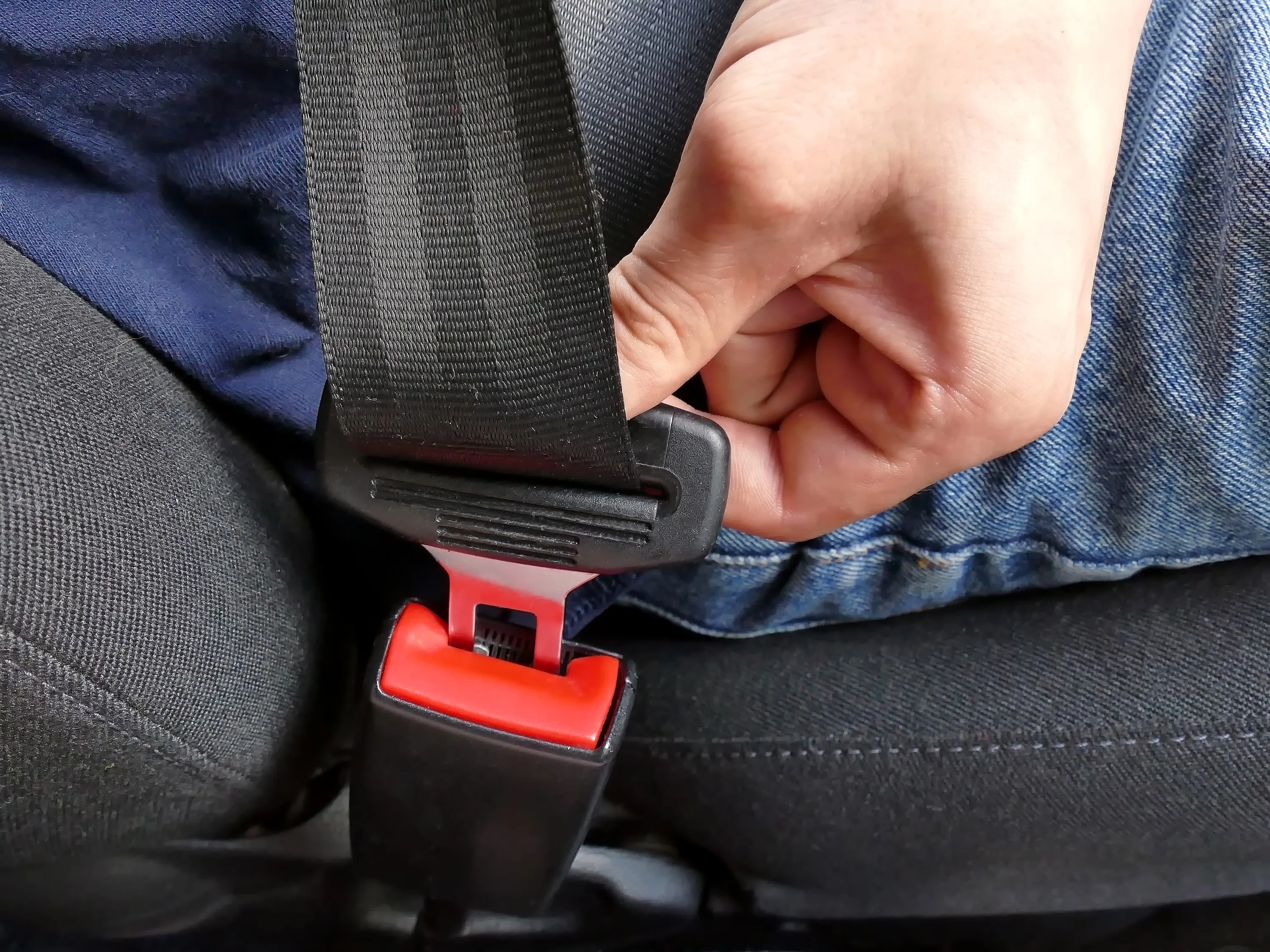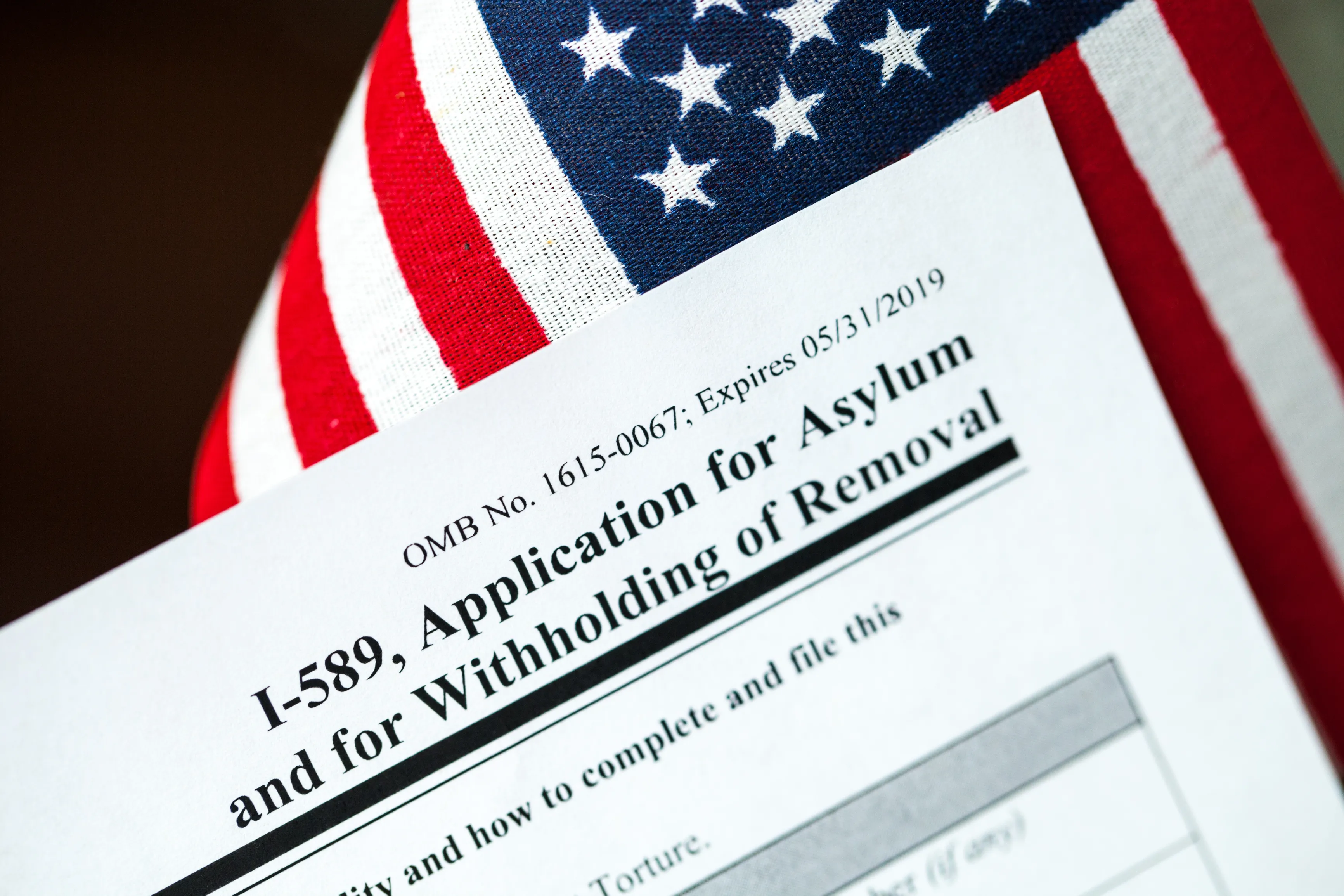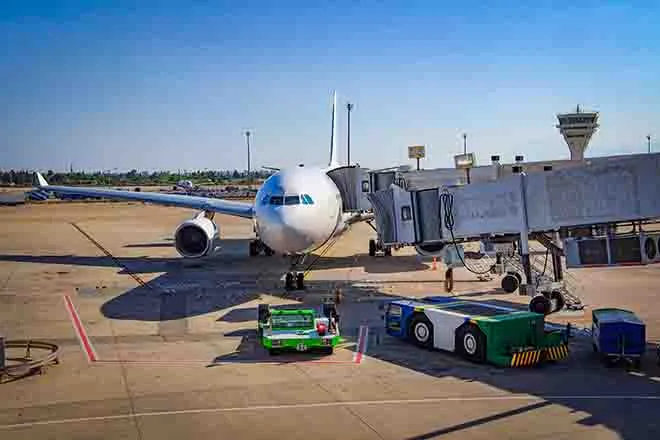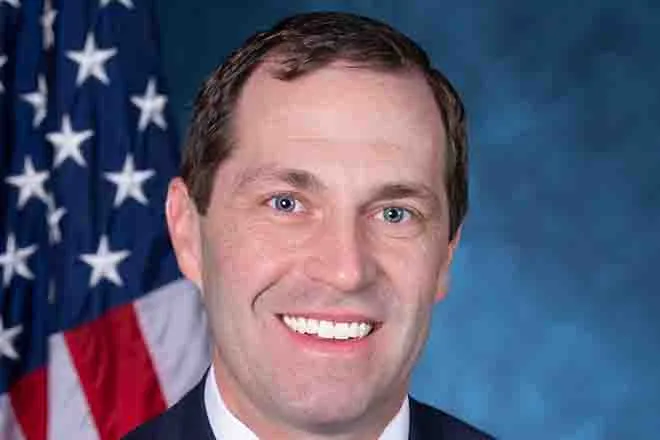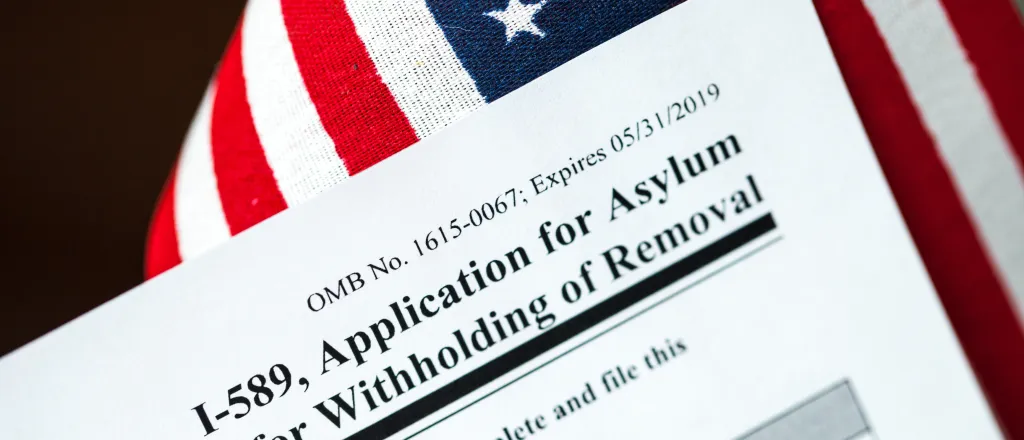
A volunteer network documents ICE operations across Colorado. Here’s how it works.
Para leer esta historia en español, haga clic aquí.
Every other Sunday from 8 p.m. to 8 a.m., Raquel Lane-Arellano waits for calls from people across Colorado who may have spotted Immigration and Customs Enforcement agents. She has been volunteering for six years, but the first time her phone rang was in January. Now, for those 12 hours twice a month, the ringing rarely stops.
Once she gets a call, Lane-Arellano confirms the location with the often shaky voice on the other end of the phone. Then she notifies other volunteers, who drive out to the area. Their job is to determine whether the sighting is legitimate, document the scene, speak to locals and hand out “Know Your Rights” cards, but not to physically confront the agents.
Lane-Arellano volunteers as a dispatcher for a 24/7 hotline run by the Colorado Rapid Response Network, a coalition of immigration, religious and legal nonprofits. The network was founded in 2017 to document reported ICE sightings and has amassed about 3,000 volunteers across the state, according to organizers.
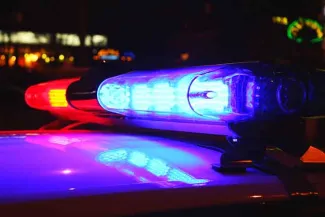
© iStock - Alex_Schmidt
“The purpose is to make sure people have the facts and that we try to dissuade some fear,” said Lane-Arellano, who is also the communications manager for the Colorado Immigrant Rights Coalition. “Because what the Trump administration wants is for our people to be afraid all the time.”
The network’s member organizations include the ACLU Colorado, American Friends Service Committee, Mi Familia Vota and Together Colorado. The statewide hotline is the first of its kind in Colorado, and it also covers southern Wyoming, according to organizers. Its operations are similar to statewide ICE reporting hotlines in Oregon, Connecticut and New Jersey, as well as local hotlines in cities like Los Angeles and Detroit.
The Rapid Response Network has seen both hotline calls and volunteer interest skyrocket since President Donald Trump took office for his second term, due to an uptick in immigration enforcement. Colorado is a particular focus of Trump’s push for mass deportations, and he has singled out Aurora for enforcement operations.
Between Trump’s inauguration and mid-June, ICE arrests in Colorado have nearly quadrupled compared to the same period last year, according to ICE data obtained by UC Berkeley researchers. The researchers found that 1,360 people have been arrested by ICE in Colorado under the second Trump administration, and many have no criminal record. The Colorado ICE data shows more than 400 arrested people marked as “other immigration violator,” as opposed to “convicted criminal” or “pending criminal charges.”
One of those arrests was of prominent immigrant rights advocate Jeanette Vizguerra, who has lived in the U.S. since 1997 and is currently in ICE detention. Her lawyers have alleged in federal court that her arrest was in retaliation for protected speech.
The administration’s immigration crackdown received a major funding boost through the Republican tax break and spending cut bill that Trump signed earlier this month. The bill devotes $170 billion to border security, immigration enforcement and the hiring of thousands more ICE agents, among other Trump priorities.
Network at odds with ICE
The Rapid Response Network calls its volunteers who approach and document areas with a reported ICE presence “confirmers.” These volunteers undergo a confirmer training. The network advises noncitizens against becoming confirmers due to the risks of entering areas where ICE might be conducting raids.
Andrea Loya serves as the director of the immigrant support nonprofit Casa De Paz, but outside of work she also volunteers as a confirmer. In her six months volunteering, she has gone out more than 10 times, and she said each situation is unique.
Each time she gets a call from a dispatcher, she grabs a megaphone, flyers with immigrant rights information and her phone. During her outings, she remains in frequent communication with other network volunteers to ensure they know she is safe, and so they can post social media updates about whether ICE is in fact present at the reported location. Loya said she has never spoken to ICE agents, and she keeps her distance while around them.
Loya characterized the role of the network as that of a neighborhood watch group: to document unwanted activities and inform residents.
“It’s important for us to counter the narrative that what we’re doing is illegal,” Loya said. “It’s just a neighborhood watch, the kind of thing people have been doing for years. When you enter really nice neighborhoods and park there, people come up and ask you what you’re doing. That’s what we’re doing, but in our communities.”
It’s just a neighborhood watch, the kind of thing people have been doing for years. When you enter really nice neighborhoods and park there, people come up and ask you what you’re doing. That’s what we’re doing, but in our communities.
The Department of Homeland Security and ICE’s Denver field office have condemned the network for allegedly interfering with immigration enforcement operations. Representatives of the Denver field office declined an interview request for this story.
“Groups like this interfere with ICE’s ability to keep communities safe,” the Denver field office said in a statement.
The Denver field office said that it conducted an operation in Longmont on June 20 to apprehend a child rapist, adding that it was disrupted by Rapid Response Network members.
ICE Denver declined to specify the way in which the Rapid Response Network interfered, and did not comment on whether there were any physical or verbal altercations between agents and network volunteers. ICE said on social media that the raid targeted a man from El Salvador who is wanted in Italy but has provided no warrant or other evidence to show that the raid was indeed focused on that man, or that he was in Longmont.
In a June 25 statement, DHS Assistant Secretary Tricia McLaughlin said the network and its members “disrupt ICE operations targeting dangerous criminal illegal aliens.”
Jennifer Piper, a longtime leader in the Rapid Response Network, was dispatching calls on June 20. She said a group of volunteer confirmers drove to the Longmont location and talked to community members about their rights but did not confront or otherwise interfere with ICE.
“This (incident) invited hundreds of people to try to troll our hotline, which was unsuccessful,” Piper said. “But this is an administration that has put out a bunch of misinformation and propaganda. We are just trying to get the best information possible out to our community.”
Combating fear
Lane-Arellano said that documenting instances when ICE isn’t present in a community is just as important as documenting when immigration agents are present. That’s because fear has permeated throughout Colorado immigrant communities, and it’s crucial to help her neighbors regain a level of security, she said.
Every white van or law enforcement uniform can signal potential ICE presence to people who fear deportation, especially due to ICE tactics of using unmarked vehicles and arresting many non-criminals, she added.
“We show people what’s actually happening, and I think that’s really valuable so that there’s not needless fear,” Lane-Arellano said. “(ICE is) trying to silence that kind of work, and they want to criminalize that kind of work. I think people should be really concerned when there’s a government entity that’s just never held accountable, and is trying to minimize their public scrutiny.”
Some of the network’s volunteers attended a July 7 protest calling for closure of the ICE detention center is Aurora, which is operated by private prison firm GEO Group. Vizguerra has been detained there for four months.
Vizguerra’s daughter, Luna Báez, joined demonstrators. While protests and social media posts bring attention to the plight of detainees, Báez said allies of immigrants should also focus on other supportive steps — such as donating to nonprofits, providing translation services and volunteering with the Rapid Response Network.
“It’s all about direct action,” Báez said. “You have to get uncomfortable to dismantle these systems of oppression.”
Denver resident Deb Schaffer attended the protest and also volunteers as a confirmer with the network. So far, she has gone out on about eight calls.
“It’s a way to support people in the immigrant community and have a way to be helpful, and it’s a way to be someone that’s proud to live in Colorado,” Schaffer said. “We’re doing that together.”
Volunteering with the network can take a mental health toll, because of how intense and heartbreaking the calls can be, Lane-Arellano said. She remembers a 7 a.m. call she received from a Denver-area preschool principal who was concerned about ICE nearby and who said parents were too afraid to exit their cars with their children.
The network sent out a confirmer who verified that the sighting was actually a local law enforcement agency, and the confirmation that it was a false alarm helped the preschool return to normal.
But that call, and those terrified parents and kids, have stuck with Lane-Arellano.
“It can be painful, but I do it anyway because of the goodness of everyday people,” Lane-Arellano said. “When it feels like there’s so much hate and cruelty at the federal level, it helps knowing that this isn’t what we stand for, and knowing that there’s so many people who are willing to put their own person on the line to support our community.”

